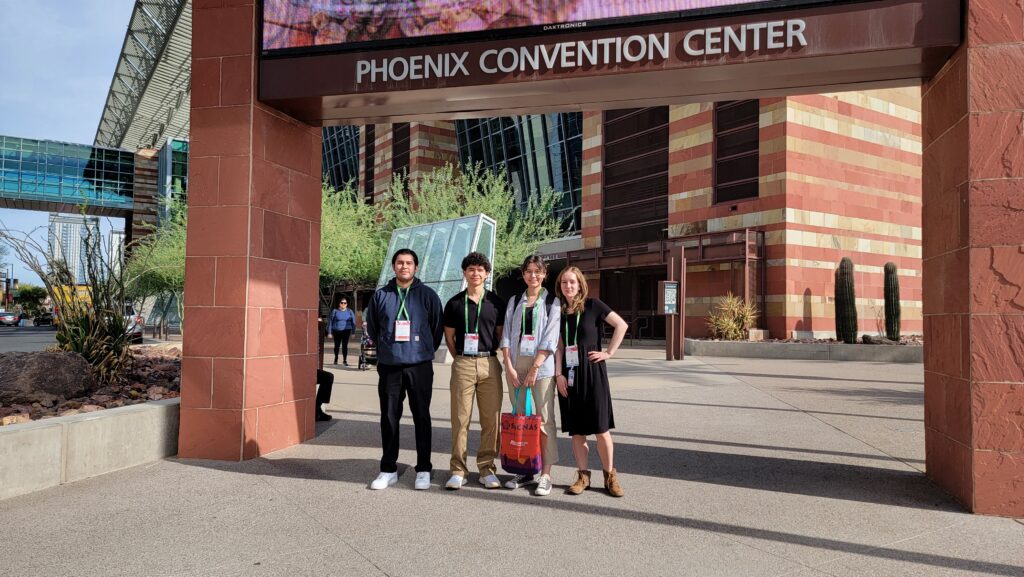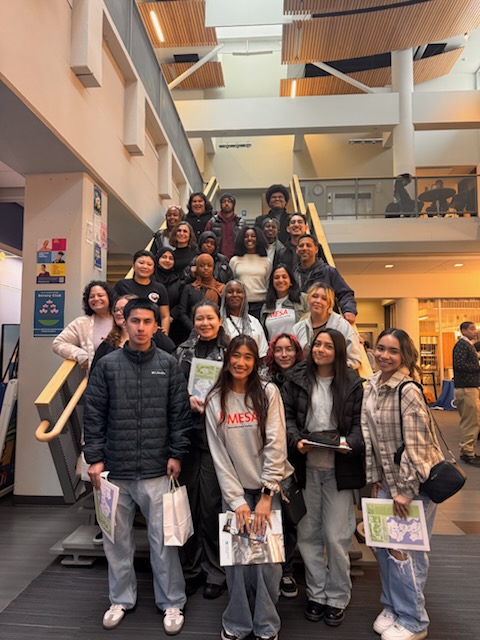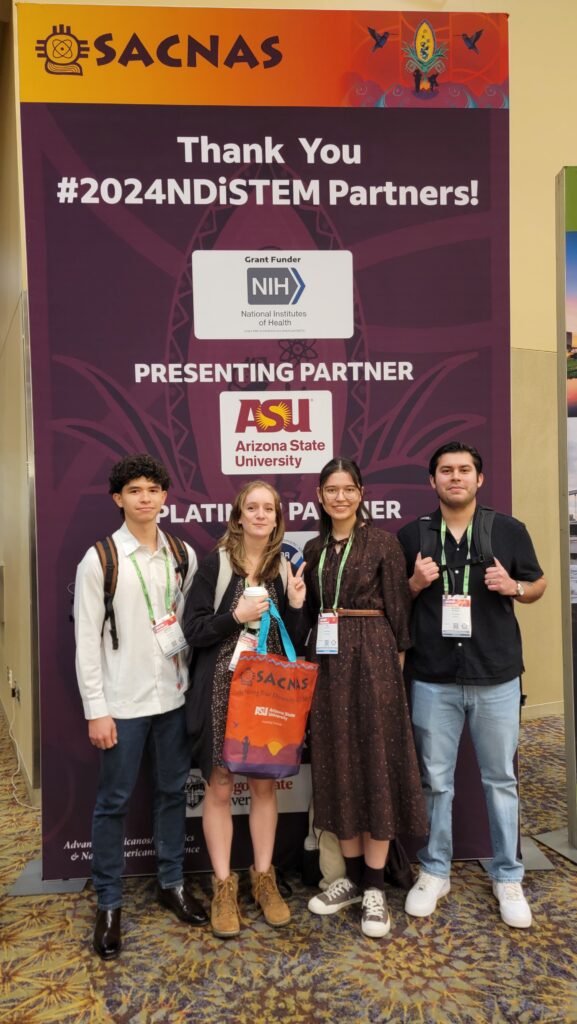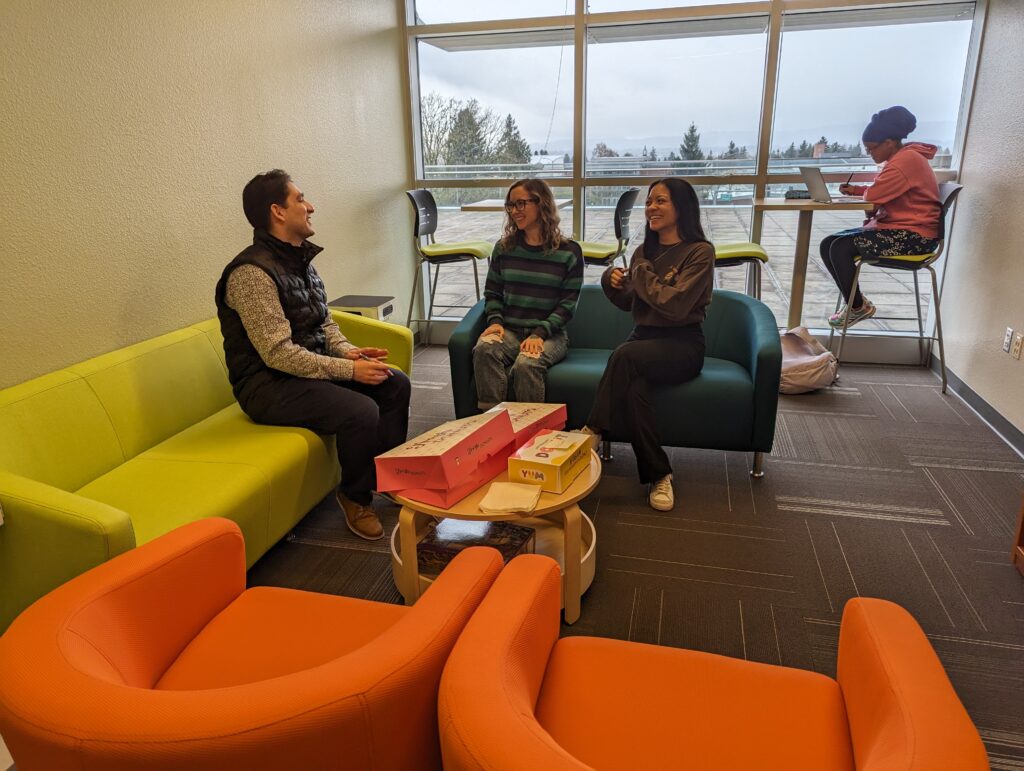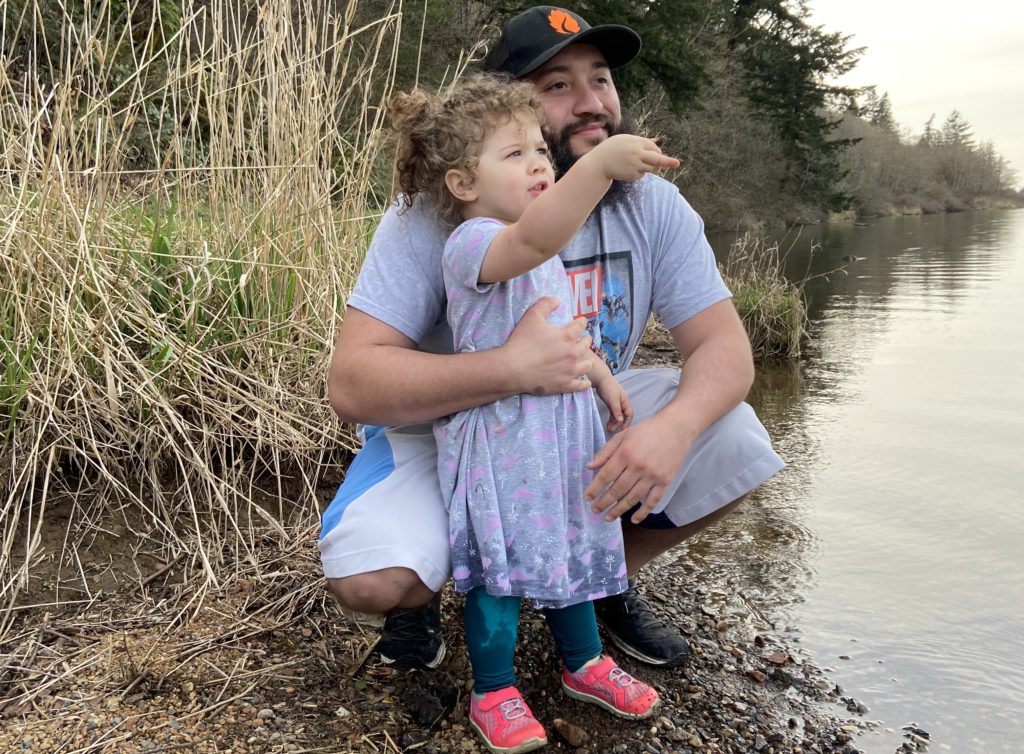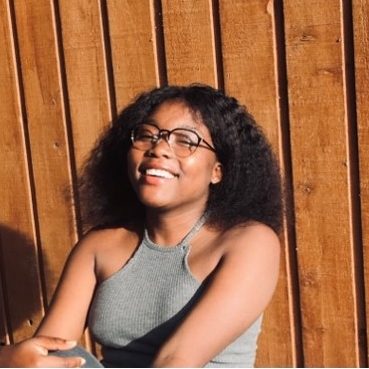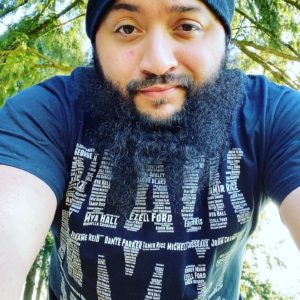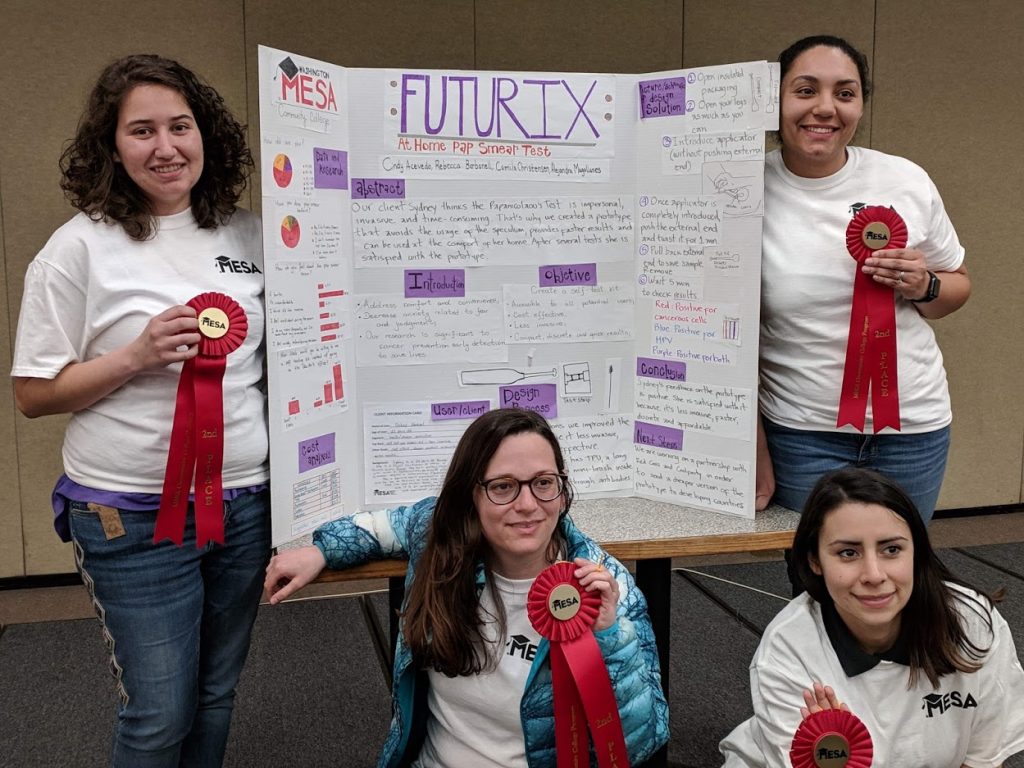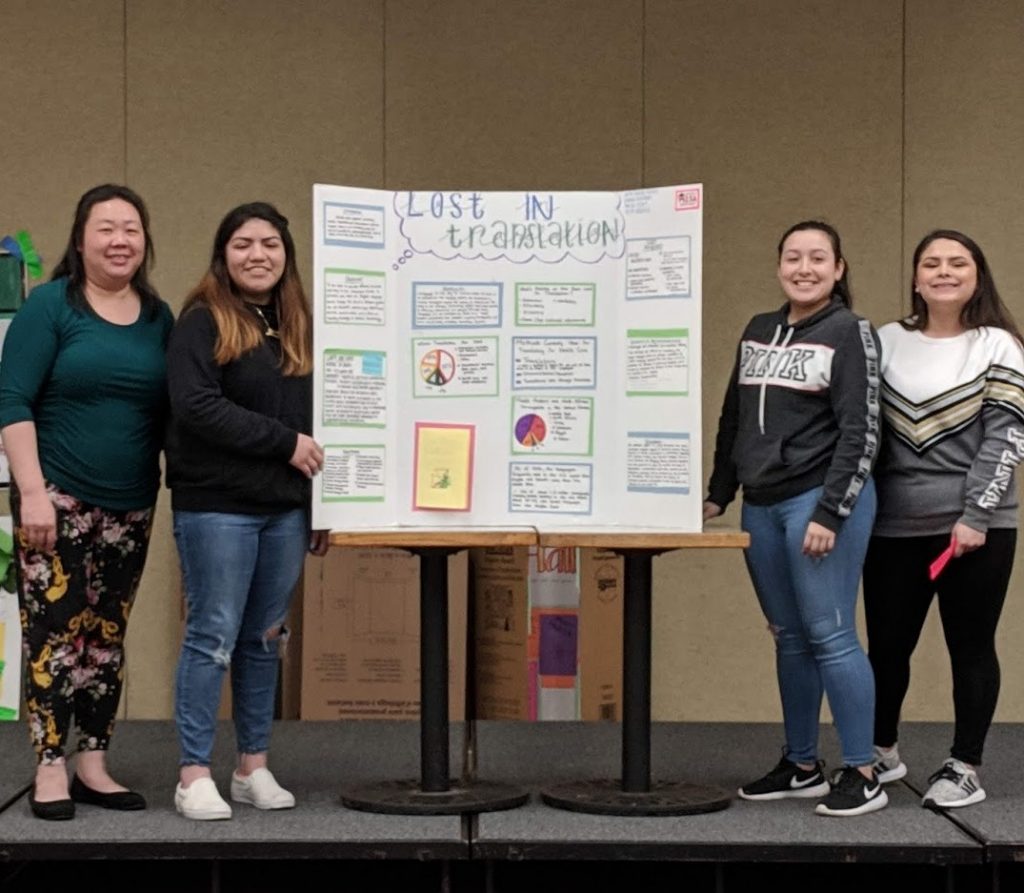Empowering the Next Generation of STEM Leaders
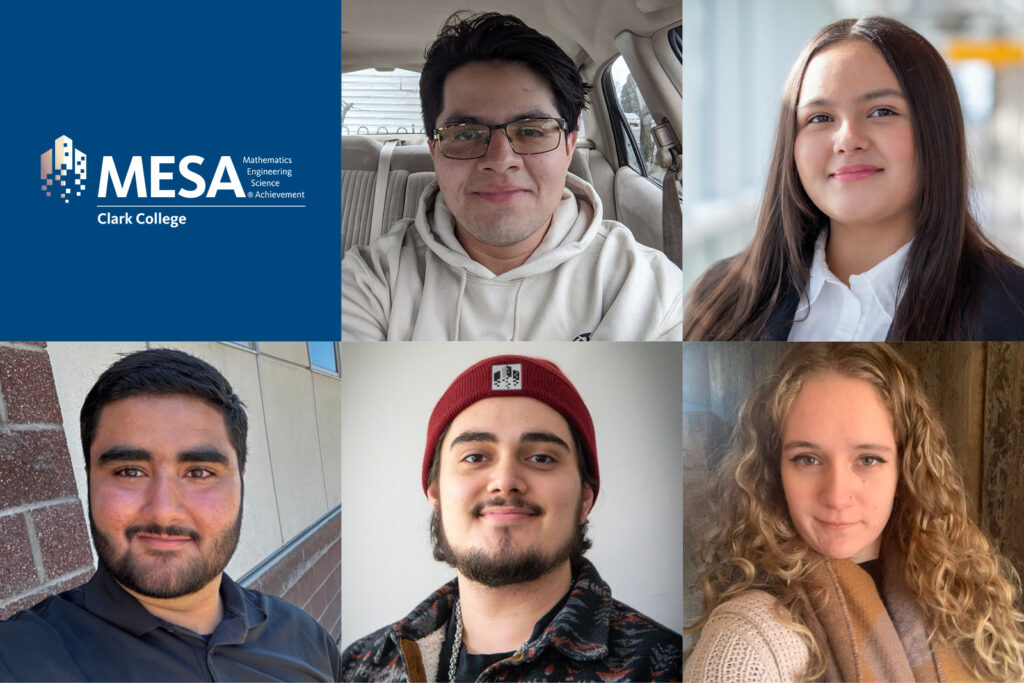
At Clark College, MESA (Mathematics, Engineering, Science Achievement) Scholars aren’t just preparing for degrees in STEM – they’re building networks, gaining real-world experience, and shaping their futures through one of the nation’s most impactful academic support programs.
Building Opportunity Through MESA
MESA is a national program designed to empower historically underrepresented students in science, technology, engineering, and math (STEM). At Clark, the program offers a strong community of support, combining mentorship, academic guidance, and hands-on workshops to help students persist in their STEM studies and launch meaningful careers.
A central feature of the program is its commitment to experiential learning. MESA maintains an up-to-date database of internships, research placements, and scholarships, and actively builds relationships with institutions, companies, and organizations to uncover new opportunities. Throughout the year, MESA hosts info sessions that give students insight into competitive application strategies and help them put their best foot forward.
MESA Scholars also participate in research fairs and industry visits, gaining a firsthand look at possible career paths in STEM.
Taco ‘Bout Internships & Scholarships
Every quarter, students come together for “Taco ‘Bout Internships & Scholarships” – informal work sessions where they work on internship and scholarship applications in a supportive, community-centered setting – complete with coffee, snacks, and a shared sense of purpose.
The Value of Experiential Learning
Experiential learning – such as internships and research – is more than a résumé booster. It is essential for bridging classroom knowledge with real-world application.
These opportunities allow students to:
- Explore career paths in their field of interest
- Gain practical, hands-on experience
- Build confidence, motivation, and a strong STEM identity
- Earn income through paid internships
- Improve transfer and employment opportunities
- Develop professional connections and mentorships
- Clarify academic and career goals
- Strengthen critical thinking, communication, and leadership skills
- Support persistence, retention, and equity in STEM education
In today’s job market, employers often expect graduates to have both a degree (knowledge) and relevant experience. Through MESA, students gain both—opening doors, building momentum, and becoming the leaders STEM needs.
Celebrating Our MESA Interns
We’re proud to announce that five outstanding MESA Scholars have secured internships and research opportunities this academic year/summer:
Oscar Garcia
- Major: Network Technology
- Internship: Online Support, Vancouver, WA as a Desktop Support Technician Intern
Oscar will assist with client troubleshooting (remote and onsite), data security, workstation setup, and account management.
Araylia-Marie Martinez
- Major: Bioengineering/Biomedical Engineering
- Internship: Hinds Laboratory, Oregon Health & Science University (OHSU), Portland, OR
Araylia-Marie is part of the OHSU Equity Internship Program, where she’ll conduct biomedical research focused on the biocompatibility of biomaterials.
Muhammad Rafique
- Major: Nursing
- Program: UW Nurse Camp, University of Washington, Seattle, WA
Muhammad will participate in immersive activities such as CPR and HIPAA training, infection control, vital sign monitoring, and shadowing nurses across hospital units. He will also receive mentorship from UW Nursing students and engage in professional networking.
Seth Stigall
- Major: Computer Science
- Internship: Oak Ridge National Laboratory (ORNL), Oak Ridge, TN
Selected for the Department of Energy’s Community College Internship (CCI) Program, Seth will collaborate with researchers to develop a unit conversion library for scientific software. He will present his work at the program’s conclusion.
Emma Sturm
- Major: Computer Science
- Internship: RS Medical, Vancouver, WA
As an IT Programming Intern, Emma supports system maintenance and programming using SQL, Python, Apex, HTML, and JavaScript.
We are excited for the skills, knowledge, and professional growth these students will gain. These internships not only enhance their classroom learning but also prepare them to complete their bachelor’s degrees and pursue meaningful careers. Each student will also receive a $1,000 stipend, generously funded by the Taco Bell Foundation Community Grant, in recognition of their dedication and hard work.
About Washington MESA
The Washington MESA program is an educational pathway program administered by the University of Washington and established by the Washington State Legislature. Clark College is one of 12 community colleges in Washington that offers a MESA transfer prep program center for its students who plan to transfer to a four-year college to earn a bachelor’s degree. Learn more here.
About MESA at Clark College
At Clark, the MESA Center includes a dedicated space for studying and creating community, as well as opportunities for mentorship, assistance with books and fees, conference participation, campus visits, and more.
Clark College began its MESA program during the 2018-19 academic year. The program can serve up to 100 students and currently serves more than 80 students. Between 30 and 40 students are very active in the program. Others use the basic services, such as the textbook lending library.
Learn more about Clark’s MESA program here.
Photos submitted.
